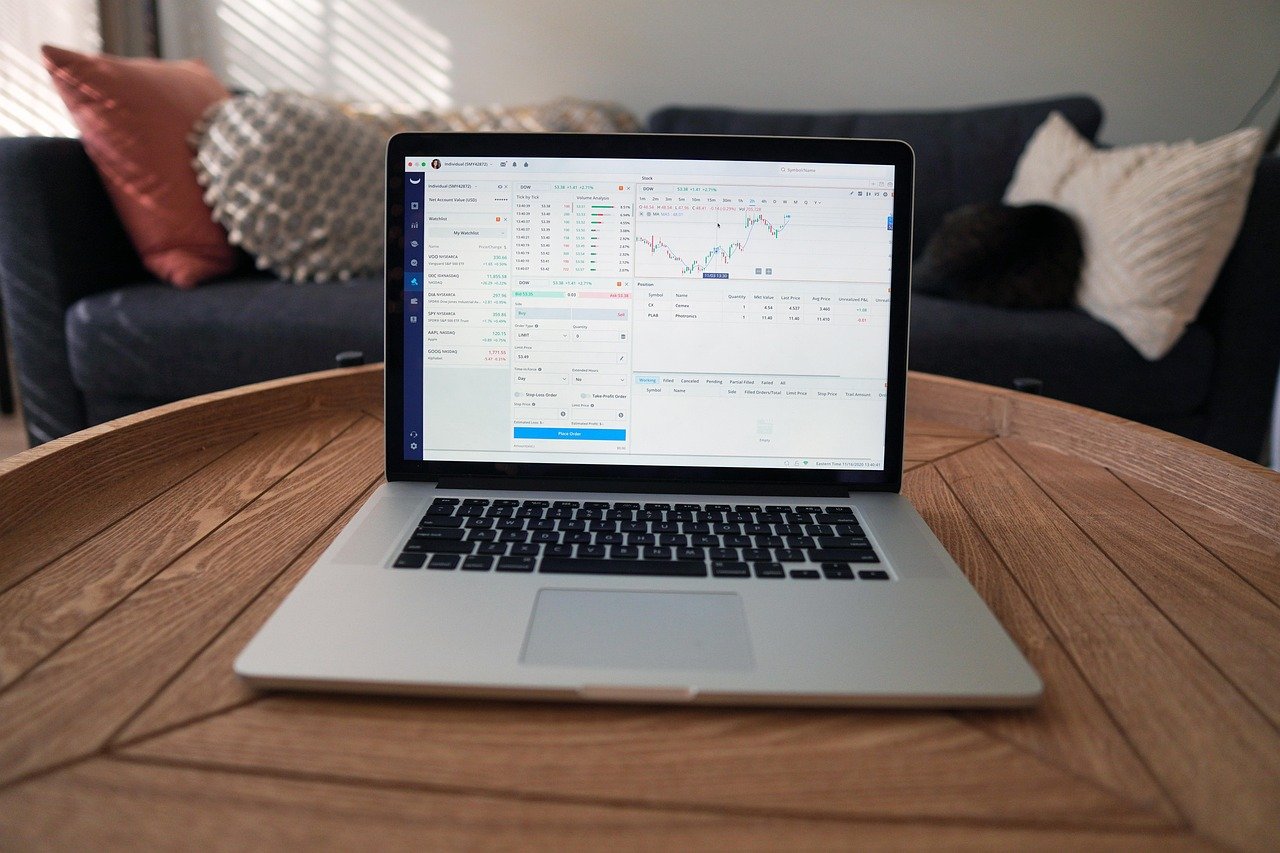
Understanding the Stock Market Landscape in Malaysia
The stock market in Malaysia has emerged as a critical component of the financial landscape, providing opportunities for both seasoned investors and novices alike. Bursa Malaysia, the country’s primary stock exchange, showcases a diverse array of sectors ranging from technology to palm oil. As we navigate through the intricate realm of stocks and shares, it’s essential to understand how this market operates and how to make informed investment decisions.
What Drives the Malaysian Stock Market?
A multitude of factors influences the performance of the Malaysian stock market. Economic indicators such as GDP growth, inflation rates, and employment figures provide insights into the overall economic health of the country. Additionally, political stability and government policies also play a significant role in shaping investor sentiment.
For instance, during the Asian Financial Crisis in the late 1990s, Malaysia experienced significant market fluctuations. However, the proactive measures taken by the government, including the implementation of capital controls, helped stabilize the economy and rebuild investor confidence.
The Importance of Sector Diversification
One of the key strategies for investors is sector diversification. By spreading investments across different sectors, investors can mitigate risks associated with market downturns. For example, following the COVID-19 pandemic, while sectors like tourism faced severe impacts, technology and healthcare stocks surged as businesses adapted to new norms. This highlights the significance of identifying growth sectors like biotechnology, renewable energy, and digital services.
Case Studies: Success Stories from Bursa Malaysia
AirAsia: From Turbulence to Triumph
AirAsia, one of Malaysia’s most recognized brands, offers a compelling case study for investors. Despite facing challenges during the pandemic, the company’s strategic pivot towards digitalization helped it recover. Investors who recognized the potential of AirAsia’s digital platforms saw substantial returns when the travel industry began to rebound.
Such examples emphasize the value of thorough research and understanding the business model behind the stocks. Investors who engaged with the company’s adaptations early on were able to capitalize on its comeback.
Public Bank: A Testament to Resilience and Stability
Public Bank Berhad, known for its strong fundamentals and consistent performance, is another prime example. Its strategy of focusing on retail banking and prudent lending has allowed the bank to maintain robust growth, making it a favorite among conservative investors. Those who recognized this stability during market volatility benefited significantly from its consistent dividends and capital appreciation.
Investor Insights and Expert Analyses
Taking a Long-Term View
Experts frequently advise investors to adopt a long-term perspective when participating in the stock market. Historical data reveals that markets tend to recover and grow over time, despite short-term fluctuations. By maintaining a focus on long-term goals, investors can avoid the emotional pitfalls of market timing.
For instance, the Kuala Lumpur Composite Index (KLCI) has shown resilience post-global economic downturns. Investors who remained committed during these times often reaped the rewards as markets recovered.
Utilizing Technology and Resources for Research
With the advent of technology, Malaysian investors now have access to numerous tools and resources to aid their decision-making. Online trading platforms, financial news apps, and investment forums have democratized information, allowing investors to make more informed choices. Platforms like TradingView and Bursa Malaysia’s official website provide vital data that can lead to better investment outcomes.
Navigating the Risks: Challenges for Malaysian Investors
Market Volatility and Economic Uncertainty
Investing in the stock market is inherently risky. Factors such as market volatility, geopolitical tensions, and global economic shifts can impact stock prices significantly. Understanding these risks is crucial for Malaysian investors looking to safeguard their portfolios.
The recent global supply chain disruptions have also highlighted how interconnected the markets are and how external factors can influence local stocks. Investors must stay vigilant and adaptable, ready to adjust their strategies as conditions change.
Psychological Factors in Investing
Behavioral finance sheds light on the psychological factors that can affect investment decisions. Fear of loss and the desire for quick gains can lead to rash decisions. Malaysian investors should cultivate a disciplined approach, adhering to their strategies rather than succumbing to market hype.
Engaging in self-reflection and seeking peer support can help investors maintain their composure during turbulent times.
Key Takeaways for Aspiring Investors
Actionable Steps to Enhance Your Investment Journey
For Malaysian investors keen on maximizing their potential in the stock market, here are three actionable takeaways:
- Diversify Your Portfolio: Spread your investments across various sectors to mitigate risks and capitalize on growth opportunities.
- Stay Informed: Utilize technology and resources to keep abreast of market trends, economic indicators, and stock performance.
- Adopt a Long-Term Mindset: Resist the temptation to react impulsively to market changes. Focus on your long-term investment goals.
Frequently Asked Questions (FAQ)
What are the best stocks to invest in Malaysia?
Identifying the best stocks depends on your investment goals. It’s advisable to research companies with solid fundamentals, growth potential, and resilience during economic downturns.
How much money do I need to start investing in stocks?
The amount required can vary greatly. Some stock brokers allow you to start with as little as RM100, but having a more substantial amount can provide better diversification.
Is it necessary to hire a financial advisor?
While not necessary, a financial advisor can provide personalized insights and help you navigate complex investment decisions, especially for new investors.
What is the average return on investment in the Malaysian stock market?
Historically, the average annual return on the Malaysian stock market has ranged from 8% to 12%, depending on market conditions and specific sectors.
How do I choose the right stock broker?
Look for a broker with low fees, an intuitive trading platform, and strong customer service. Ensure they are regulated by the relevant authorities for added security.
This content is for informational purposes only and not financial advice.
Disclaimer
This article is for informational purposes only and should not be taken as financial advice. Please consult a licensed financial advisor before making investment decisions.


0 comments